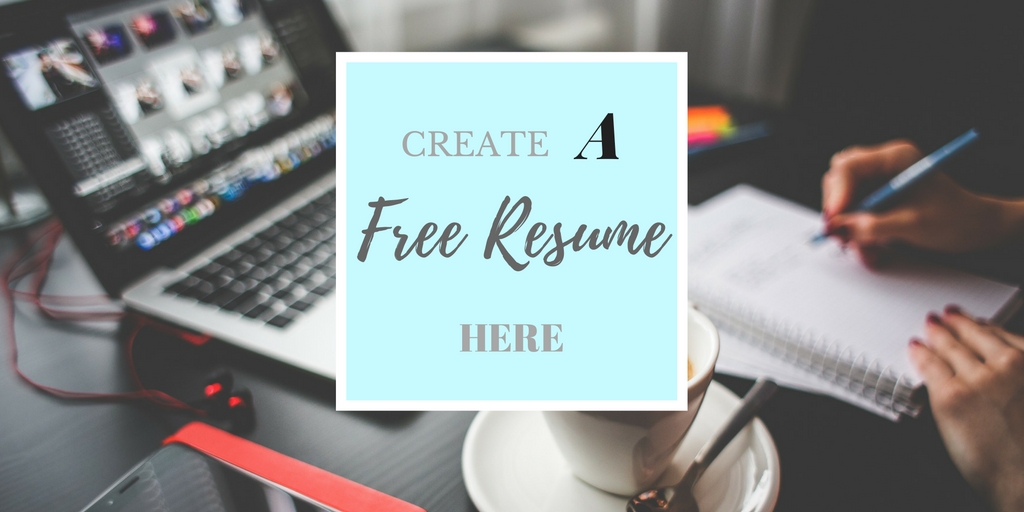First impressions count, and a strong resume is the key that opens the door to an interview. Writing or updating your resume can be a daunting task, but it doesn’t need to be. Simply follow our step-by-step guide and you can’t go wrong.
Make sure your resume is laid out clearly with no unnecessary information. Keep the paper plain white and don’t waste time with fancy borders or designs. It’s all about focusing the reader on the information about you.
Begin the resume with your full name, address, mobile number, home phone number and email address. This makes it easy to identify who the employer reading about.
Your next step is list your education profile, so here you can list everything from your secondary school education to any degrees, certificates or courses you have completed. Remember to include the dates you started and finished and keep it brief with no unnecessary information.
This is your area to point out your skills or areas of expertise. Again, don’t make it too lengthy; just outline your key skills.
This is the most important part of your resume. In this section you need to show a clear outline of your career, beginning with your current position and moving down through to your past positions. Each position you have held should clearly outline your employer name, the title of the position/s, the exact dates of employment including month and year, the location of the role, a list of your key responsibilities and your key achievements while working there. Honesty will always win over anything else, so it’s crucial that you don’t embellish any of this section.
It’s always a good idea to include a summary of what your hobbies and interests are because at the end of the day, a resume is about an employer learning about you.
It’s up to you to decide if you want to include the details of your referees, or if you simply say ‘References supplied on request’. Both options are more than acceptable.
